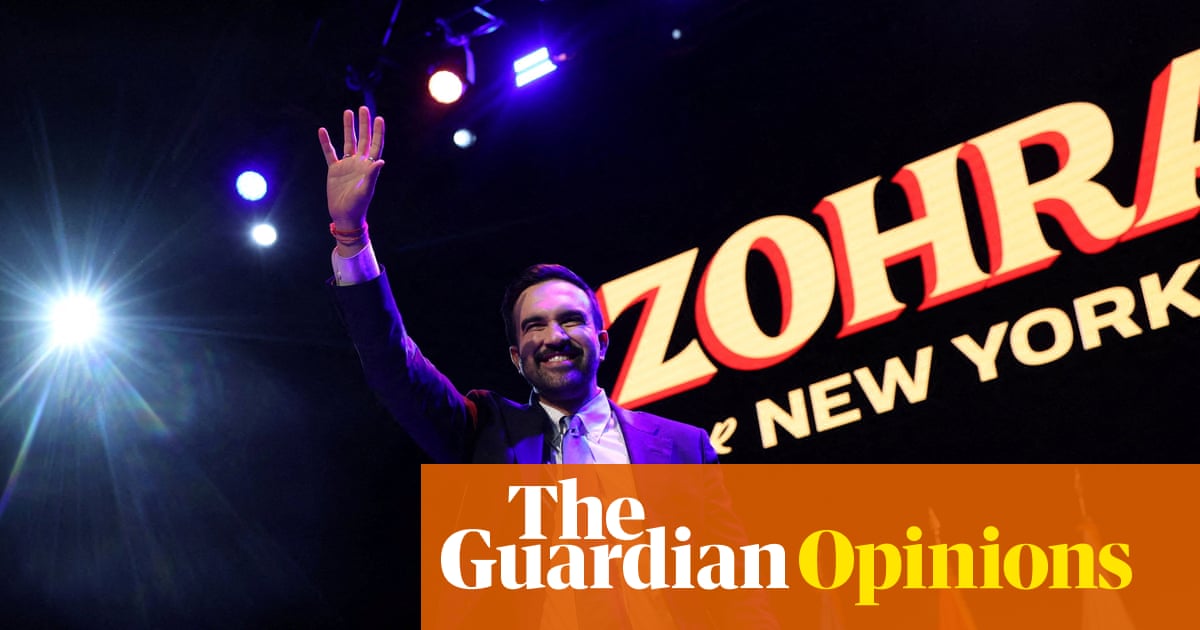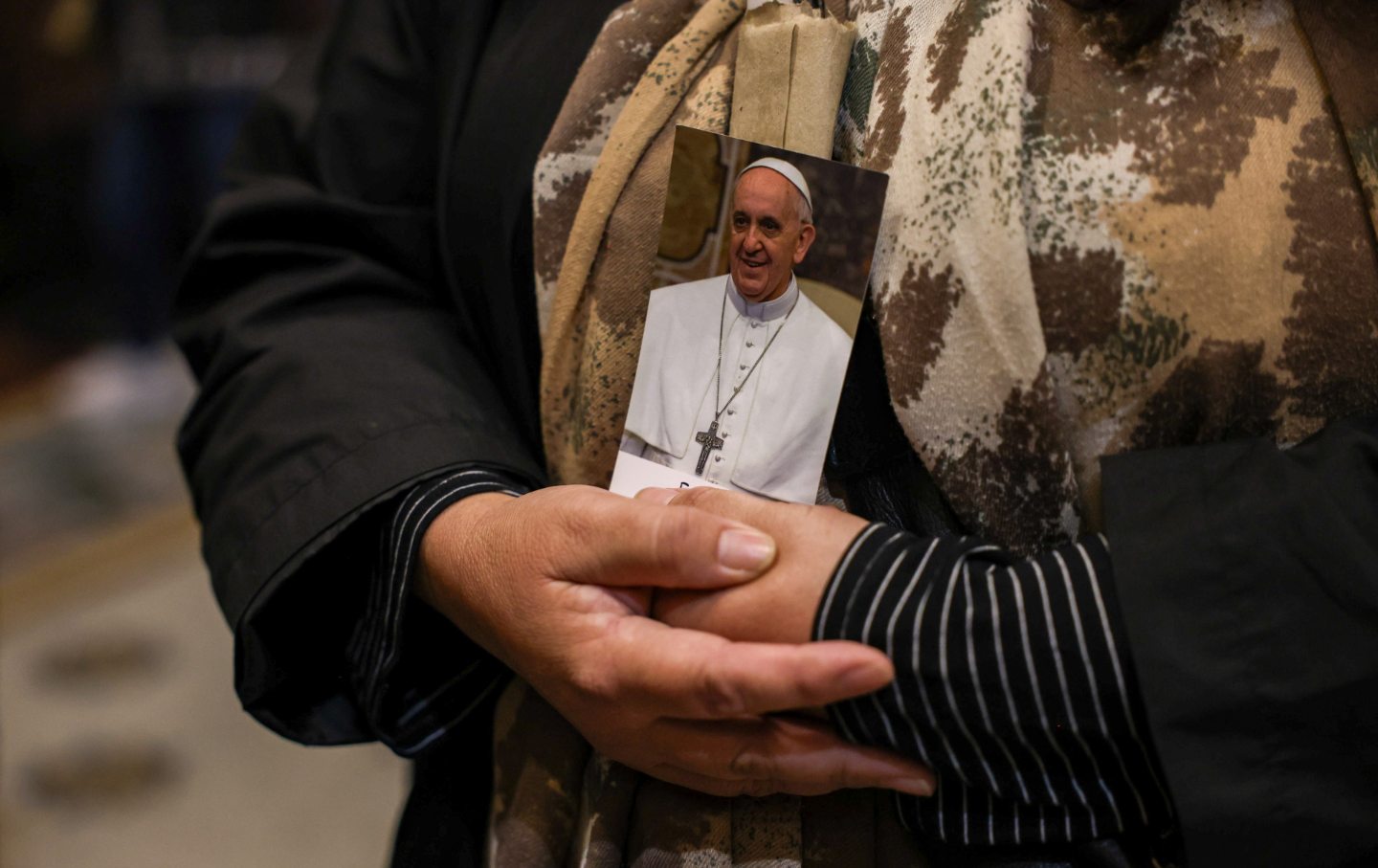fromwww.amny.com
14 hours agoMLK Day: Mayor Mamdani makes case for taxing the rich a personal one for Black families during BAM speech amNewYork
Mayor Zohran Mamdani used his Martin Luther King Jr. Day speech at the Brooklyn Academy of Music (BAM) on Monday to push back against warnings that his plan for higher taxes on wealthy New Yorkers would drive them out of the city, arguing that city leaders have ignored what he described as a more concrete and damaging population loss. When I speak about how the wealthiest in this city should pay a little bit more in taxes, I am often told about a potential exodus, Mamdani said.
New York Knicks



